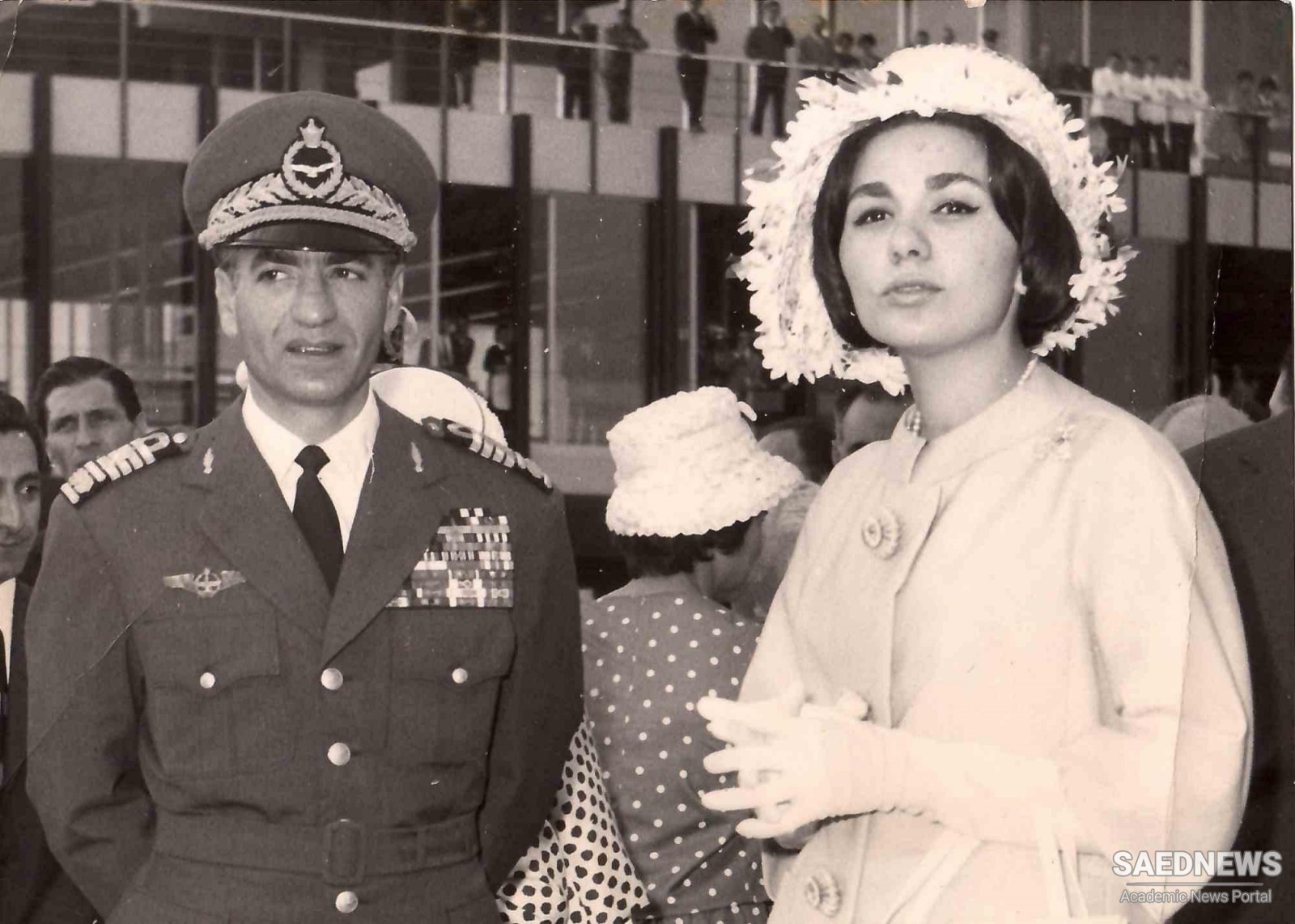It is often said that the 1970s oil bonanza fueled the shah’s megalomania. In fact, he harbored such aspirations long before the oil boom. Bullard, the British representative, politely declined the offer of troops and talked instead of more realistic goals. He wrote that the Allies had agreed to give the young shah a “trial (period) subject to good behavior, which would include the granting of extensive reforms, the restoration to the nation of the property illegally acquired by his father, and the exclusion of all his brothers from Persia.”
The new shah handed over to the government with much fanfare some 600 million rials. He also quietly transferred to his bank account in New York a $1 million “nest egg in case of an emergency.” Immediately after the invasion, Britain came to the crucial decision that it was in its best interests to preserve not only the Iranian state, but also the Pahlavi dynasty and the latter’s special relations with its armed forces. It concurred with the royalist motto: “No Monarchy, No Military.” The British even tried to get the shah to improve his family image by persuading his Egyptian-born wife, Queen Fawzieh, to spend less time buying clothes and more time learning Persian. Fawzieh, however, did not last long, preferring to return in 1943 to more cosmopolitan Cairo. The shah remarried seven years later, taking as his new wife Soraya Esfandiyari, a Swiss-educated daughter of a Bakhtiyari khan. The new royal couple communicated in French.
On his accession, the shah took a number of other well-publicized measures to improve his public standing. He took his oath of office before the Majles wearing civilian clothes; vowed to reign – not rule – as a constitutional monarch respecting the fundamental laws; sought out civilian advisors; and highlighted his democratic credentials, notably his Swiss education. He earmarked the sum he had transferred to the government to be spent on hospitals, medical laboratories, and public libraries; on a water system and shelter for the poor in Tehran; on new medical colleges in Tabriz, Mashed, and Shiraz; and on a nationwide campaign against malaria and eye diseases.
He handed over his father’s estates to the government so that the latter could return them to the original owners – these estates, however, became a major bone of contention. He also relinquished the religious endowments which his father had transferred to the ministry of education. He took a number of well-publicized pilgrimages – including to Mashed and Qom. What is more, he assured Grand Ayatollah Aqa Hussein Qomi, the senior mojtahed in Najaf, that the state would no longer wage its campaign against the veil. Women – or rather, their immediate communities – could decide whether or not to wear the veil – and what form the veil should take. The British legation reported that the propertied classes, as well as the shah and the government, were eager to forge an alliance with the clergy so as to “turn men’s minds away from communism to religion.”


 Deposing Reza Shah Not the Pahlavi Reign
Deposing Reza Shah Not the Pahlavi Reign














































